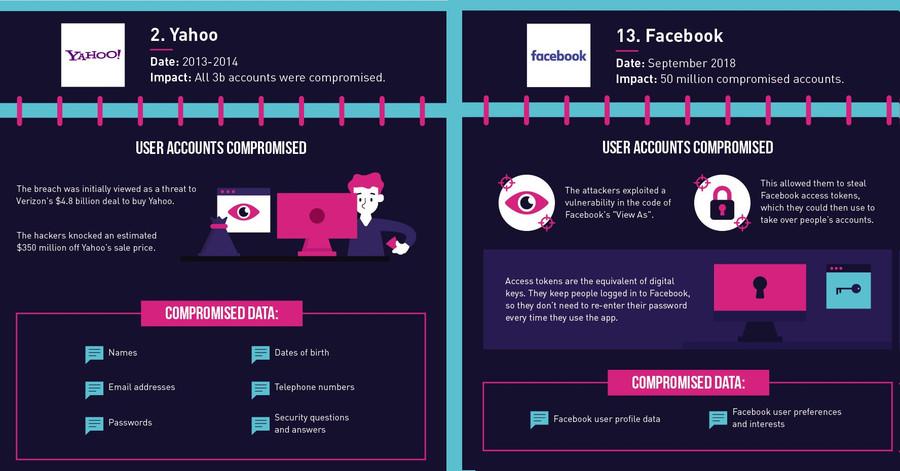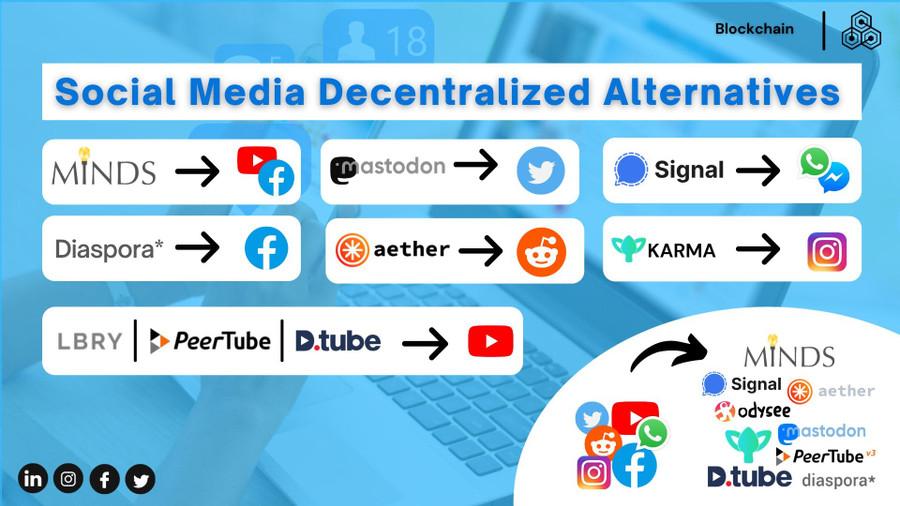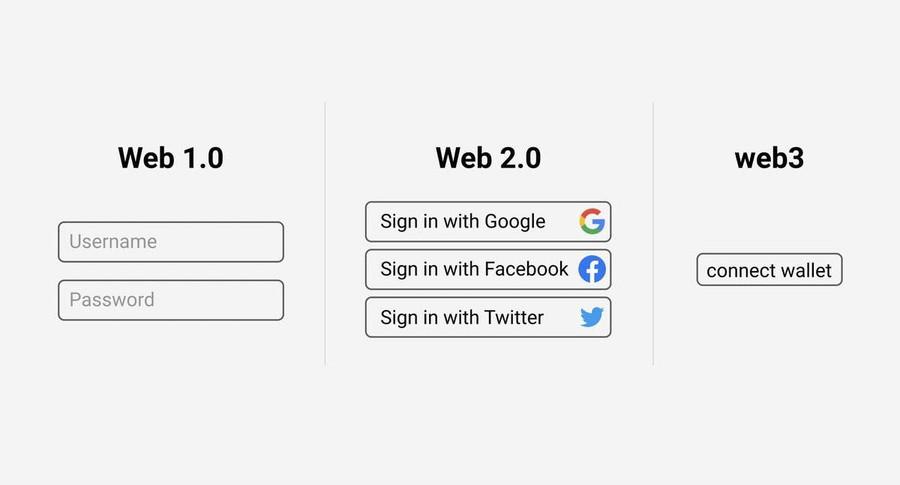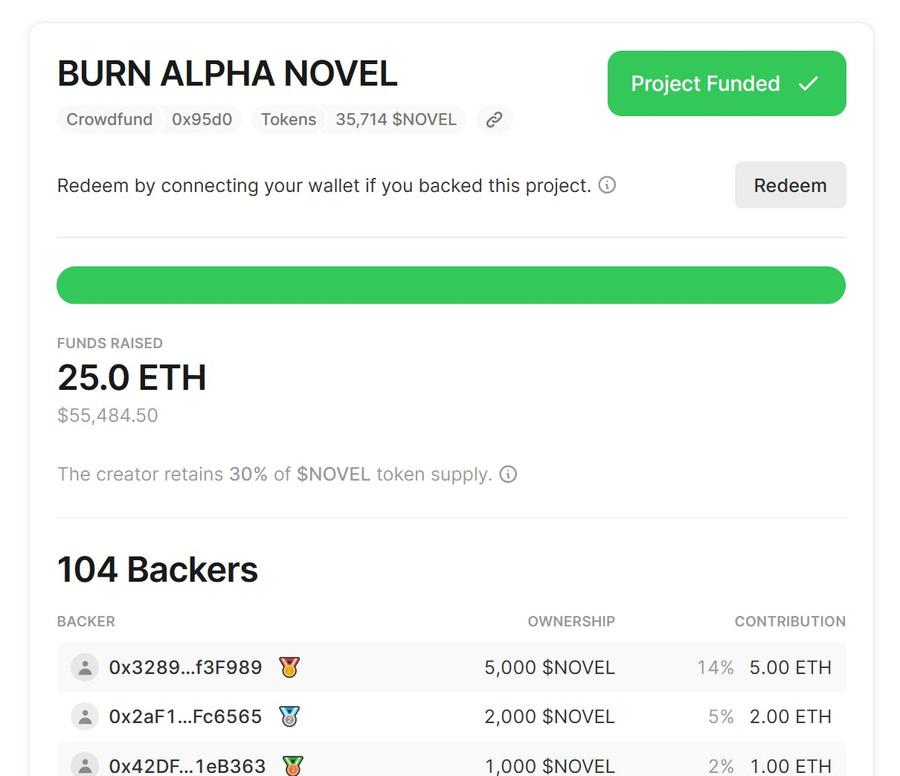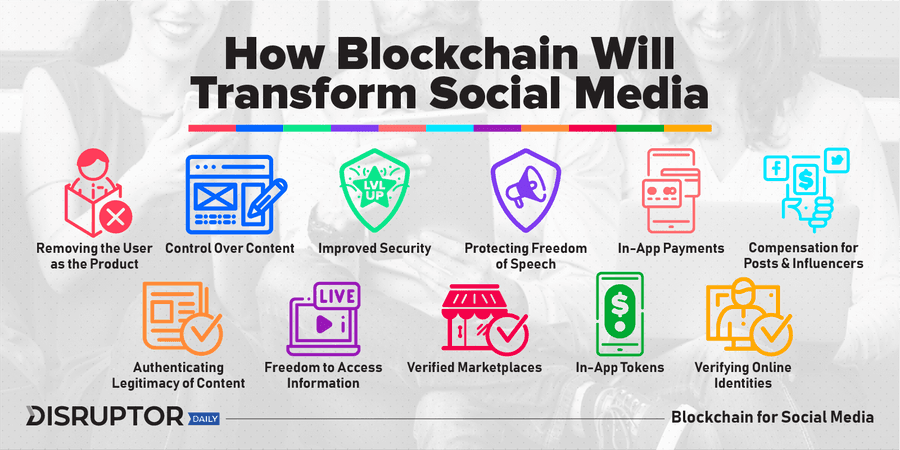Social Media Networks are Coming to the Blockchain
Curated from: hackernoon.com
Ideas, facts & insights covering these topics:
11 ideas
·1.17K reads
1
Explore the World's Best Ideas
Join today and uncover 100+ curated journeys from 50+ topics. Unlock access to our mobile app with extensive features.
Coming Attraction In The Blockchain Sphere: Social Networks
While modern social networks have done a lot to enable human interaction, their infrastructure and operations leave much to be desired. Widespread censorship, arbitrary algorithm changes, privacy violations, intrusive ads, and undue exploitation of creators are some complaints levelled against legacy social networks.
Blockchains can help create decentralized social media networks that are user-controlled, censorship-resistant, and private.
13
379 reads
The Problem With Legacy Social Networks
Large social networks have billions of users combined—Facebook (2.91 billion), Twitter (290.5 million), and YouTube (2 billion).
Modern social networks wield enormous power in society. Social networks can significantly influence our views and behaviours through the content they feed us.
Social media companies implement algorithms that promote negative content to provoke user activity. They harvest user data and sell it to advertisers, who then populate our feeds with intrusive ads. They may even snoop on messages transferred between individuals.
14
176 reads
Biting The Hand That Feeds
Social media companies earn huge profits from user-generated content but hoard a large percentage of this money. Worse, content creators can be de-platformed without warning, leading individuals to lose their means of livelihood.
Moreover, vague content moderation policies and centralized control have made it pretty easy for social media companies to arbitrarily censor users. This is why major platforms like Twitter and Facebook have been criticized heavily for a perceived attack on free speech rights and suppression of opinion.
13
164 reads
Decentralized Social Networks
Decentralized social networks are content creation and distribution platforms running on the blockchain. Many of these platforms attempt to correct the problems of Web2 social networks as highlighted in the previous section.
Steemit, blockchain's answer to Medium, is a content curation platform that allows users to earn cryptocurrency based on the views their content gets.
In Peepeth, the Twitter of blockchain, posts (called "peeps") cannot be deleted or altered once published.
15
99 reads
Giving It Back To The Users
Web3 social networks may reward users for their time through watch-to-earn, learn-to-earn, play-to-earn, and other incentive programs. Some may even allow users to monetize their data and exchange it for crypto—as opposed to companies solely profiting from user data.
13
73 reads
Why Blockchain Technology is Perfect for Social Media
Blockchains are distributed across multiple computers in a peer-to-peer system that's difficult to shut down or hack. To take down a blockchain like Ethereum, you'd need to find a way to control thousands of nodes running the network.
With blockchain technology, we can build robust social applications that can run forever without interruptions. Dictators would be unable to censor public opinion by banning social media applications.
13
66 reads
Token Economics And DAOs
Many decentralized online social networks have native tokens, which members buy to unlock features, tip creators, or access certain services.
The token economy creates as much value for users as it does for platform owners. In some cases, especially when social networks operate as Decentralized Autonomous Organizations (DAOs), tokens give holders the power to vote on the direction of the project. This users-as-members system makes people more committed to the network and ensures its long-term survival.
13
49 reads
Subscription Based Content
Influencers and content creators could further maximize earnings by creating subscription-based content. Using built-in micropayment systems like Lightning Network, content creators would be able to create steady streams of income instead of relying on platform owners for earnings.
Because blockchain projects are (mostly) open-source, users can inspect the algorithms used to control our social media feeds. No longer will Big Tech implement secret algorithms built to exploit user attention or promote divisive and harmful content.
13
42 reads
Challenges of Decentralized Social Networks
Censorship-resistant social applications are good until people start to spread dangerous messages. It would be difficult, if not downright impossible, to moderate such harmful content and protect users.
While decentralized social media networks promise security and failure-resistant operation, low transaction speeds may harm the user experience. Imagine having to wait 10-15 minutes for your tweet to go live on the blockchain. Or waiting for 20-30 minutes for your YouTube video to upload because the network is clogged.
13
41 reads
The Issue Of Scale
To truly scale and accept more users, decentralized social networks would need innovative solutions to solve blockchain data storage issues. Potential solutions include storing data off-chain on decentralized servers like Arweave, InterPlanetary File System (IPFS), and Filecoin.
Another interesting solution is using blockchains, like Deso, built specifically for social media applications. These blockchain networks typically have better on-chain storage, faster transaction speeds, and other features necessary for scaling social media applications.
14
38 reads
The Bottom Line
Decentralized social media networks are undoubtedly one of the most exciting applications of blockchain technology yet. Blockchain-powered social applications could create a safer, private, valuable, and better experience for users and fix the broken system we have currently.
However, there's still a long way to go before a decentralized Twitter becomes widely accepted. Issues, such as poor scalability, data privacy, and on-chain storage, must be addressed fully before Web3 social media becomes a reality.
13
44 reads
IDEAS CURATED BY
For every question, there is an answer. For every problem, there is a solution. For everything else, there is an explanation.
CURATOR'S NOTE
Social Media is never going to be the same again.
“
Ryker 's ideas are part of this journey:
Learn more about technologyandthefuture with this collection
Different Easter traditions around the world
The significance of Easter eggs and bunnies in modern culture
The importance of the holiday in the Christian faith
Related collections
Similar ideas
6 ideas
What the hell is a Web3 browser? And what does it do?
thenextweb.com
8 ideas
Why Build in Web3
hbr.org
7 ideas
What is Web3? The Decentralized Internet of the Future Explained
freecodecamp.org
Read & Learn
20x Faster
without
deepstash
with
deepstash
with
deepstash
Personalized microlearning
—
100+ Learning Journeys
—
Access to 200,000+ ideas
—
Access to the mobile app
—
Unlimited idea saving
—
—
Unlimited history
—
—
Unlimited listening to ideas
—
—
Downloading & offline access
—
—
Supercharge your mind with one idea per day
Enter your email and spend 1 minute every day to learn something new.
I agree to receive email updates



